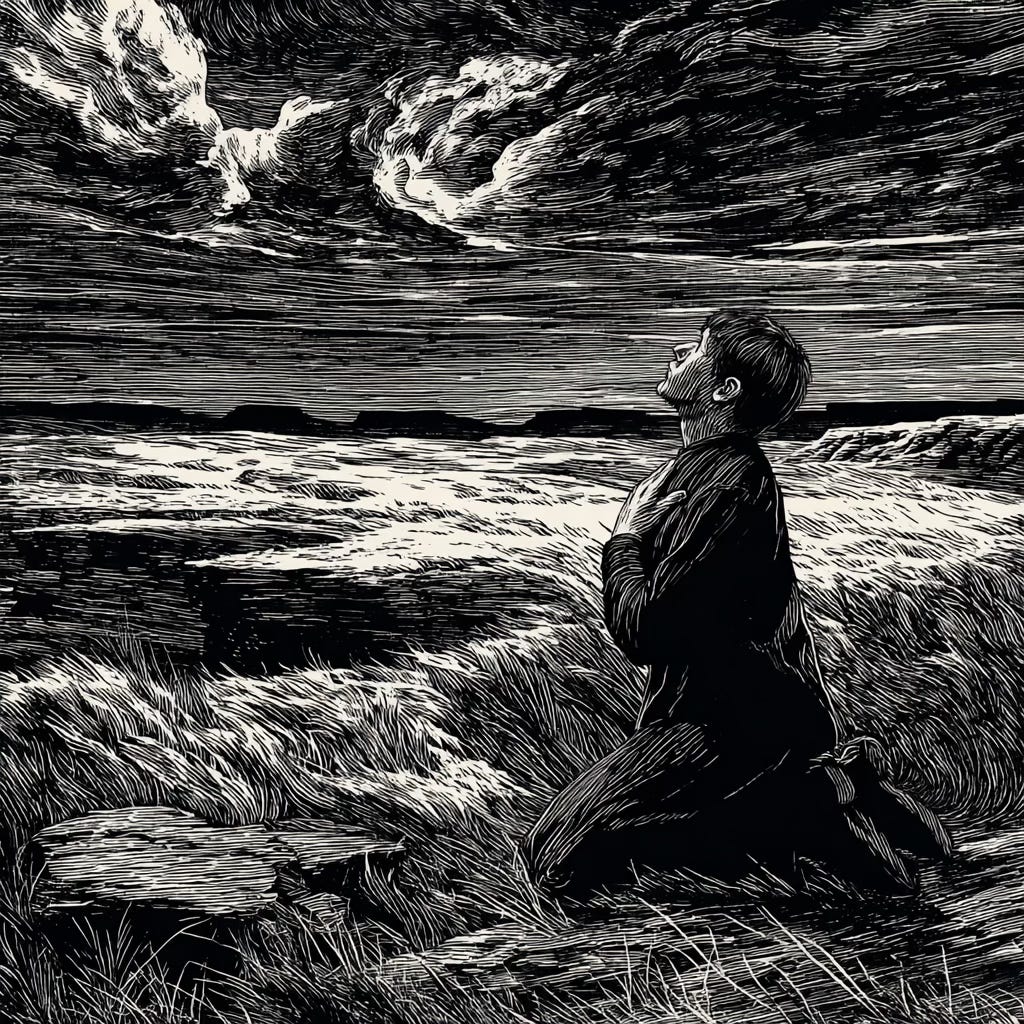C. S. Lewis told us that God wants “creatures whose life, on its miniature scale, will be qualitatively like His own, not because He has absorbed them but because their wills freely conform to His.”1
But to do that, to reach that degree of conformity with the will of God, we must exercise our freedom well. As Pierre Teilhard de Chardin put it:
The only thing that concerns God, the only thing he desires intensely, is your faithful use of your freedom.2
Why? Because it’s the faithful use of our first freedom - our ability to choose - that enables the second freedom: union, or likeness, with God. Every human being lives with this immense possibility, this staggering potentiality - this divine destiny.
Every one of us is created not only to partake in the divine life, but to replicate it.
Room to Reflect
What does it mean to you that God desires “creatures whose life will be qualitatively like His own”?
How does thinking of freedom as a path toward union with God change the way you understand obedience?
In what ways do you see your life carrying the “staggering potentiality” or “divine destiny” Lewis describes?
Lewis, C.S.. The Screwtape Letters. (United Kingdom: HarperCollins, 2001), 39.
Teilhard de Chardin, Pierre. Le Milieu Divin: An Essay on the Interior Life. (United Kingdom: Collins, 1960), 24.


